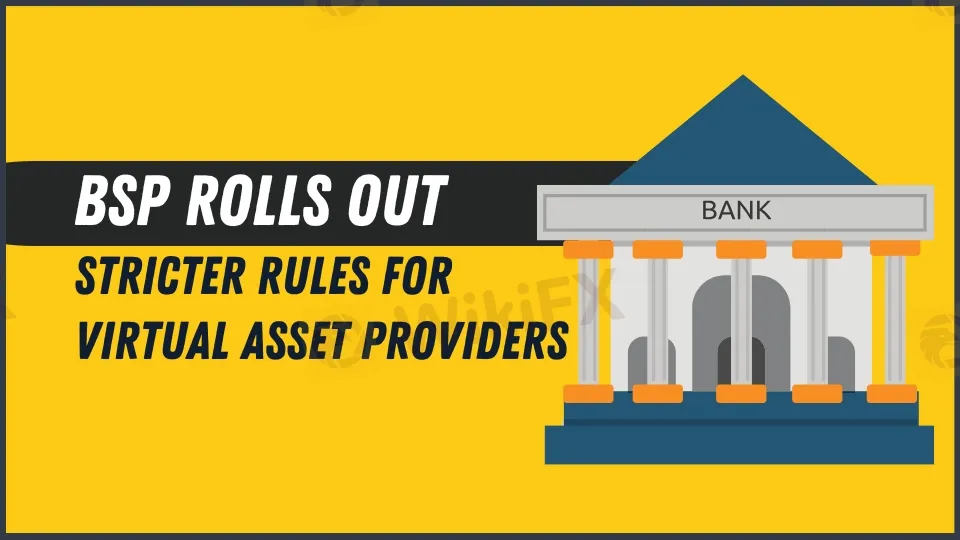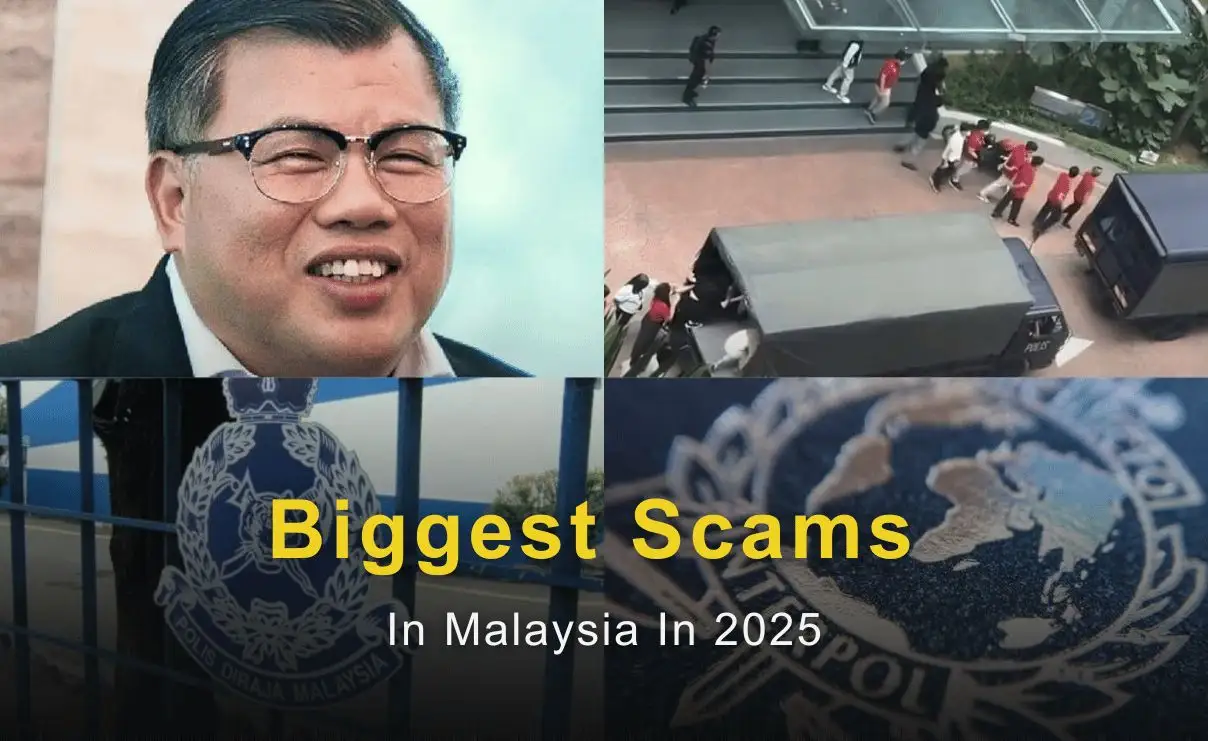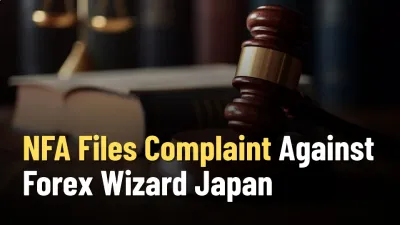Abstract:The Philippines enforces new virtual asset reporting rules starting January 2025, mandating 13 comprehensive reports from VASPs to ensure transparency and security.

The Bangko Sentral ng Pilipinas (BSP) is ramping up its oversight of the virtual asset industry with enhanced reporting standards for Virtual Asset Service Providers (VASPs). Starting January 1, 2025, a new reporting system will require VASPs to submit 13 distinct reports at varying intervals, aimed at improving transparency, data accuracy, and regulatory efficiency.
To streamline this initiative, the BSP will launch a new reporting portal. A recently issued draft circular outlines stricter data submission requirements, giving the industry until December 13 to provide feedback before final implementation.
New Reporting Requirements
Under the updated rules, VASPs must submit:
- Monthly Reports: Two reports covering transaction volumes, transaction values, and total assets under custody.
- Quarterly Filings: Seven reports detailing operating office locations, website information, and account holder demographics.
- Semi-Annual Reports: Three additional submissions.
- Annual Report: An audited financial statement.
These requirements aim to address data inconsistencies, close gaps in oversight, and promote trust and stability in the virtual asset market.
Shifting to a Modernized Portal
Initially, VASPs will continue using existing Money Service Business (MSB) reporting channels in the first half of 2025. From July onward, the BSPs newly introduced reporting portal will become the standard platform, enhancing the efficiency of regulatory monitoring.

The BSP emphasizes that non-compliance with the updated standards will prompt enforcement actions, reflecting its dedication to maintaining a secure and transparent financial ecosystem.
Industry Landscape and Public Advisory
Currently, only 14 BSP-registered VASPs operate in the Philippines, with seven actively engaged in business.Major players include Maya Philippines, Philippine Digital Asset Exchange (PDAX), and Coins.ph, among others. The BSP continues to warn the public about the risks of transacting with unregistered or overseas-based operators, urging vigilance against potential scams or financial misuse.
National Security and Broader Financial Regulation
The new measures coincide with the Philippines broader financial and national security agenda. In July 2024, President Ferdinand Marcos Jr. banned online gambling, citing its links to severe crimes such as human trafficking, murder, and kidnapping. This crackdown on Philippine Offshore Gaming Operators (POGOs) highlights a unified approach to combating financial crimes while fostering innovation and safety within the financial system.
The BSP‘s decision to enhance virtual asset regulations reflects its commitment to protecting users and balancing growth with security. By addressing anonymity risks, transaction speed vulnerabilities, and price volatility, the central bank aims to create a resilient framework for the country’s growing virtual asset sector.
Final Thoughts
The Philippines is stepping up its game in regulating the virtual asset industry with an intricate reporting framework. These enhanced measures are a vital step toward ensuring financial stability, transparency, and trust in an evolving digital economy. As the BSP tightens its oversight, industry players must adapt to a more structured system while the public benefits from a safer virtual asset ecosystem.











